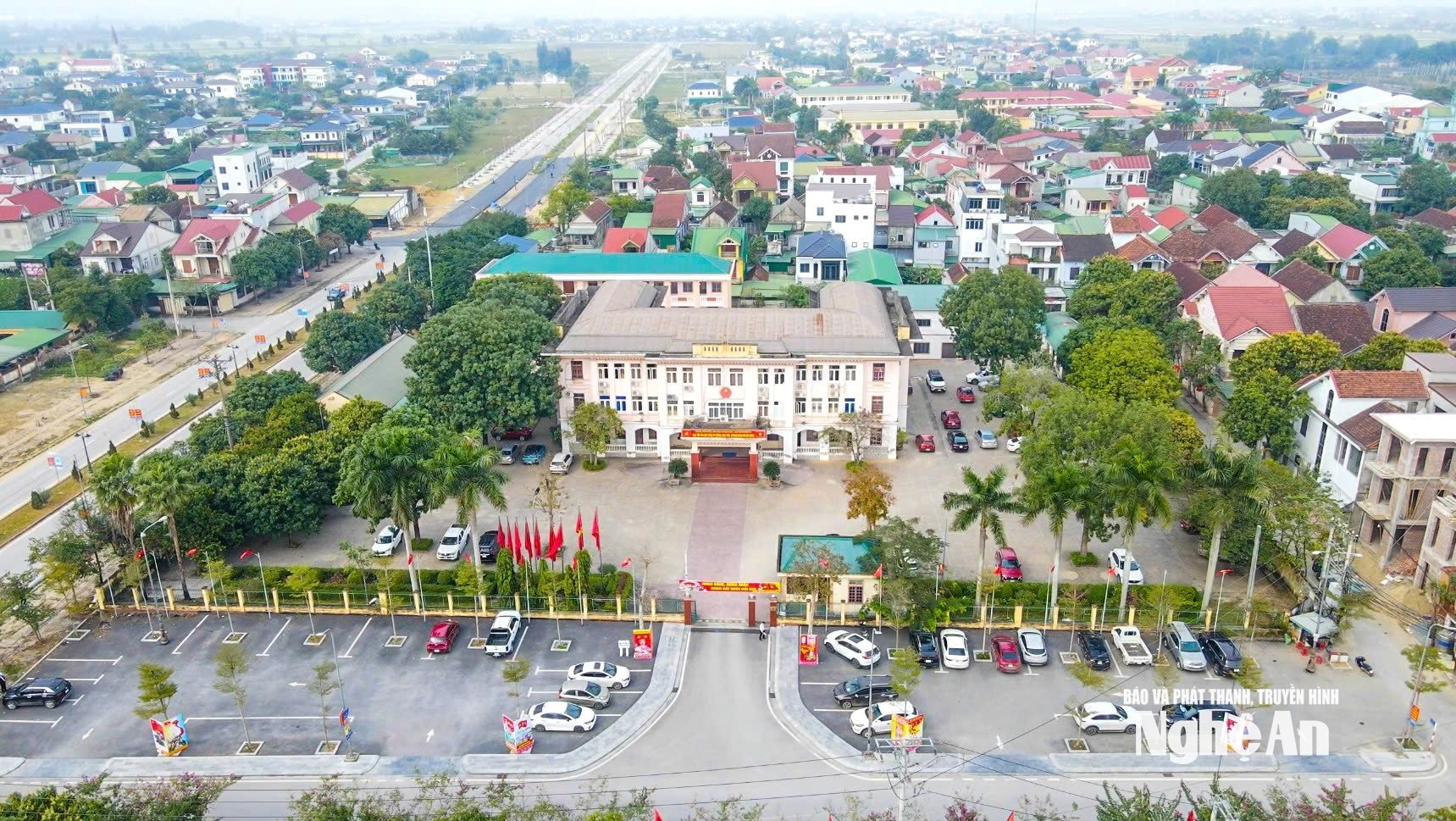Two-level local government: Close to the people, for the people - Part 4: Taking decisive action from the first day and month
One month after its official operation, it can be said that the two-level local government in Nghe An has clearly demonstrated how to meet new requirements: Going straight to the things people need most, promptly removing specific obstacles, on-site at the grassroots level.
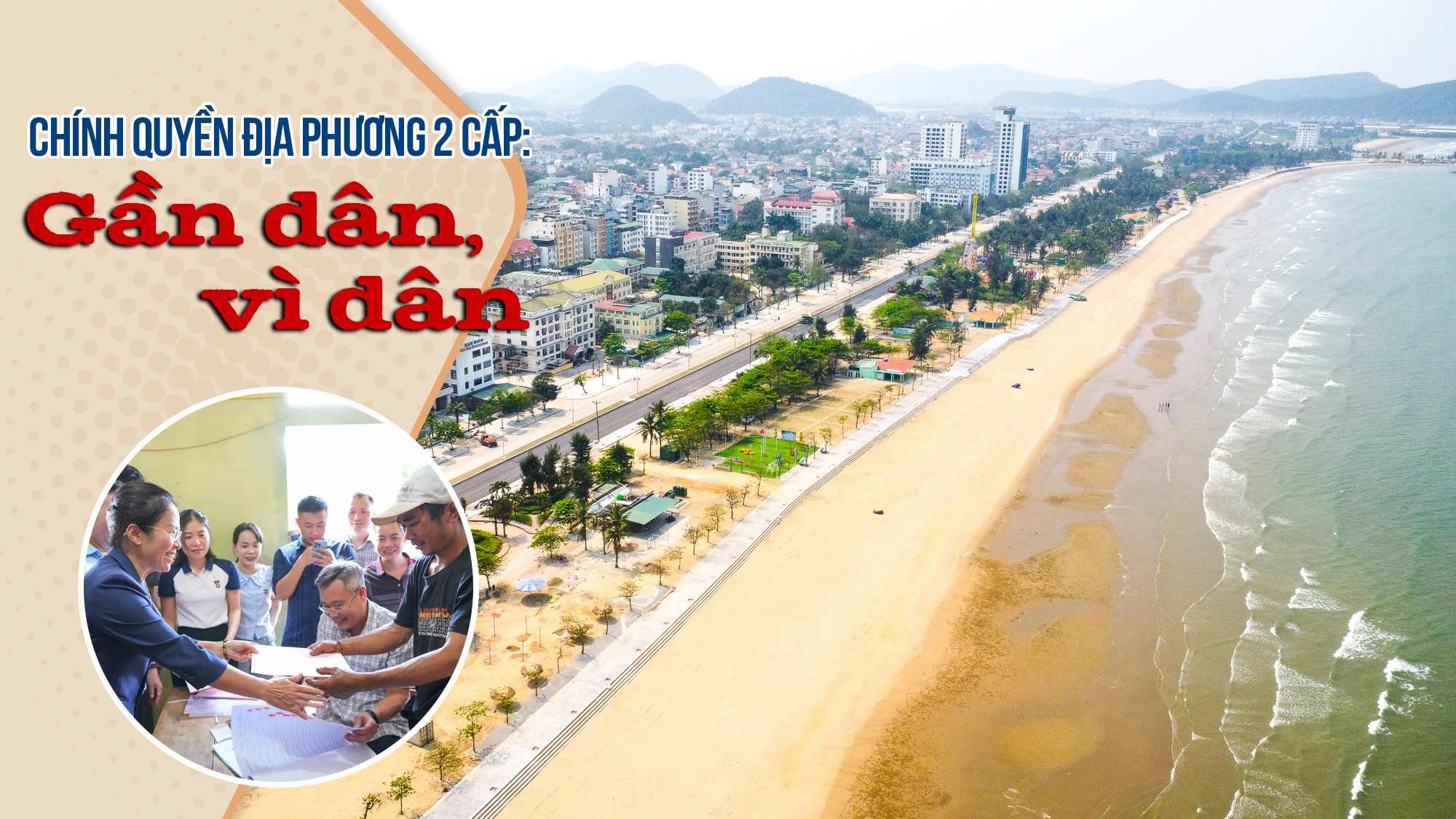

Political Reporter Group - Party Building• August 17, 2025
One month after its official operation, it can be said that the two-level local government in Nghe An has clearly demonstrated its approach to meeting new requirements: Going straight to the things that people need most, promptly resolving specific, on-site problems at the grassroots level. From completing land allocation procedures, supporting housing for Dan Lai people in the core area of Pu Mat, handling pollution, restoring urban order, rectifying tourism services, etc., to solving the problem of "surplus - shortage" of staff and facilities, all are carried out with a spirit of urgency, not allowing work to stagnate and truly for the people.
.png)
After 4 days of the official operation of the 2-level local government, on the morning of July 5, in Bung village, Mon Son commune in the Pu Mat forest, in a thatched house, Mr. Le Van Thanh (a Dan Lai native, now over 90 years old), could not hide his restlessness. From early morning, he sat by the door, his eyes looking out at the red dirt road bearing the footprints of generations of Bung villagers. Hearing the sound of a car from afar, the village elder shakily leaned on his cane and went out to the alley, his legs trembling, his hands shaking, but his face was radiant like a child about to receive a gift...

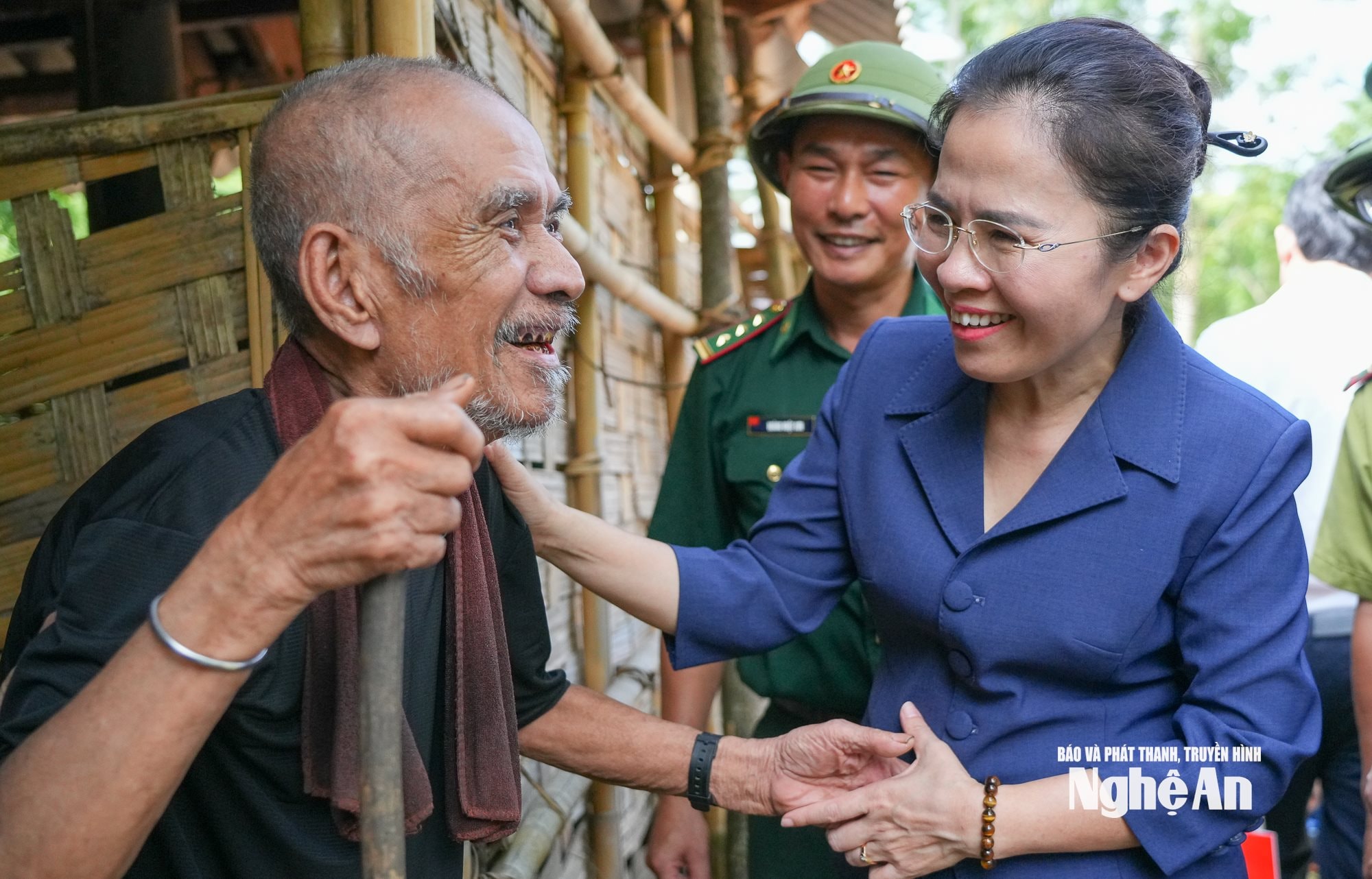
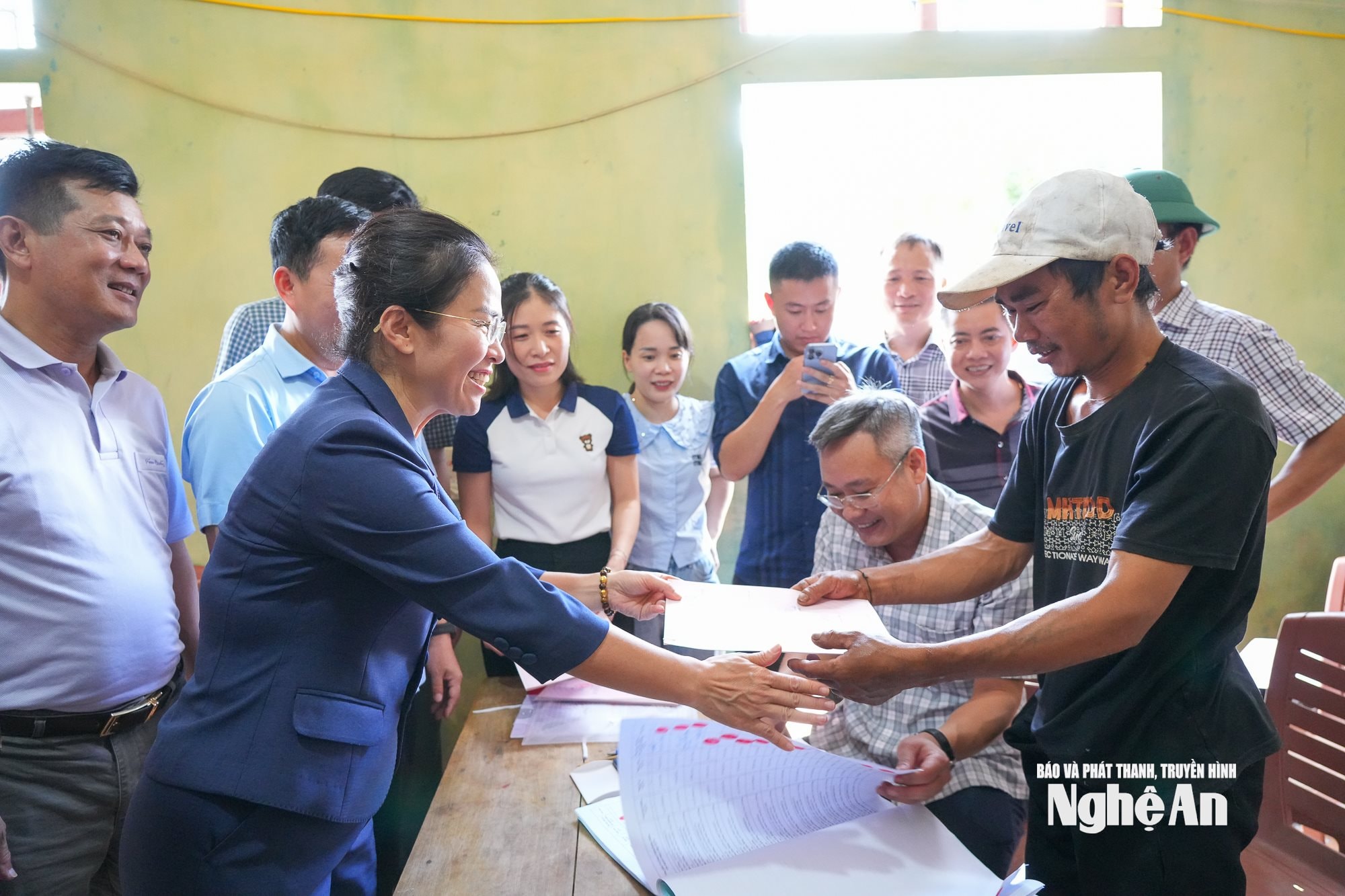
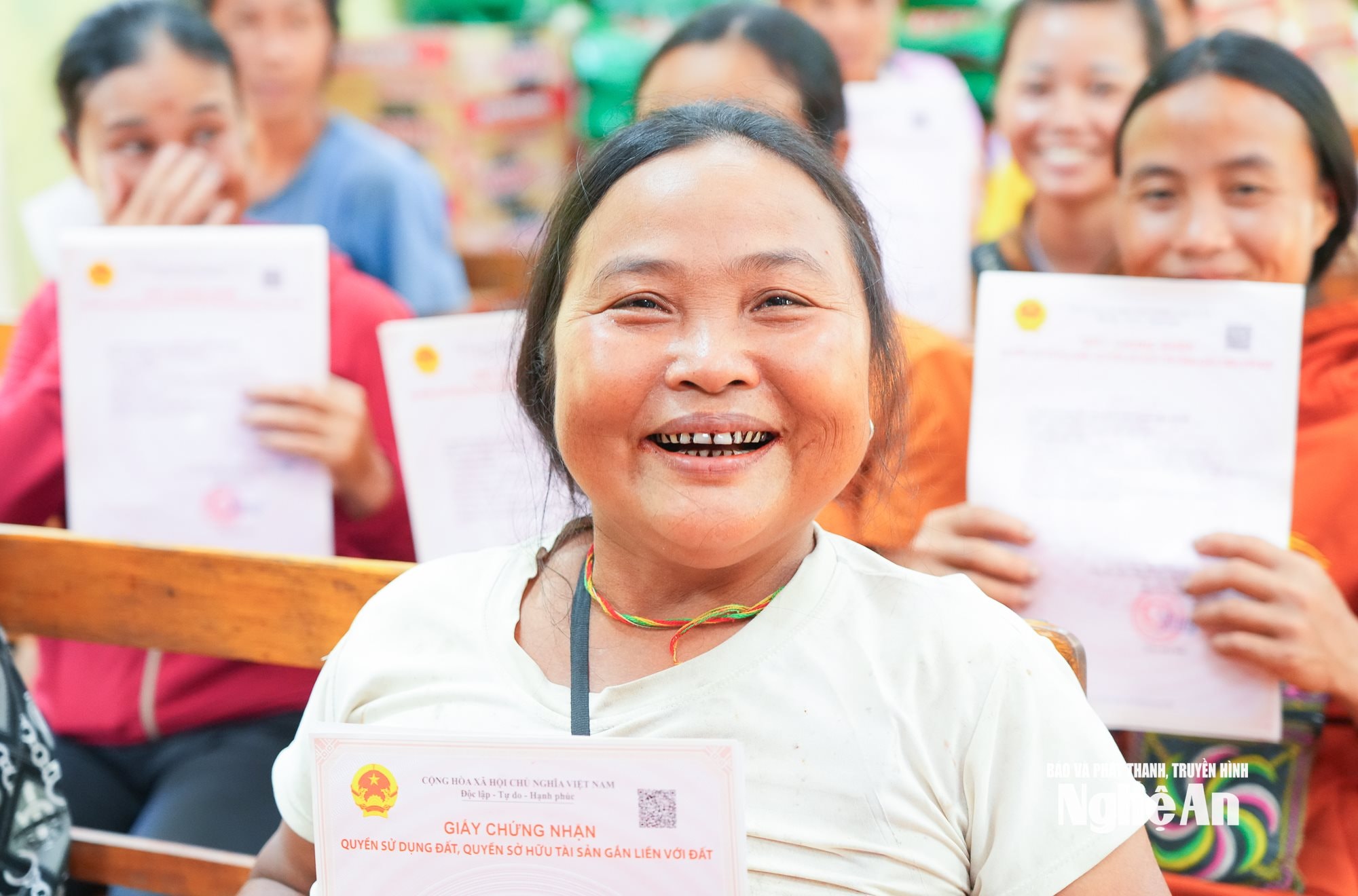
When the provincial delegation arrived at his house, Mr. Thanh was moved and delighted to receive the Land Use Rights Certificate from the hands of comrade Vo Thi Minh Sinh - Deputy Secretary of the Provincial Party Committee, Chairman of the Provincial Vietnam Fatherland Front Committee, Head of the National Assembly Delegation of Nghe An Province. That was an asset that he had never dared to think of in his entire life. Holding the hand of the Deputy Secretary of the Provincial Party Committee, Mr. Thanh choked up: "Thanks to the Party, thanks to the State... My family and the entire Dan Lai village never thought that there would be a day like today. So we have land, a house, something to take care of our children and grandchildren in the future...".
That joy, not only of a poor family, but also of an entire ethnic group that once lived quietly in the deep forest, famous for the “custom of sleeping sitting up” to avoid wild animals. Today, they were named, given the right to own residential land, opening a new chapter: Settling down and hope!
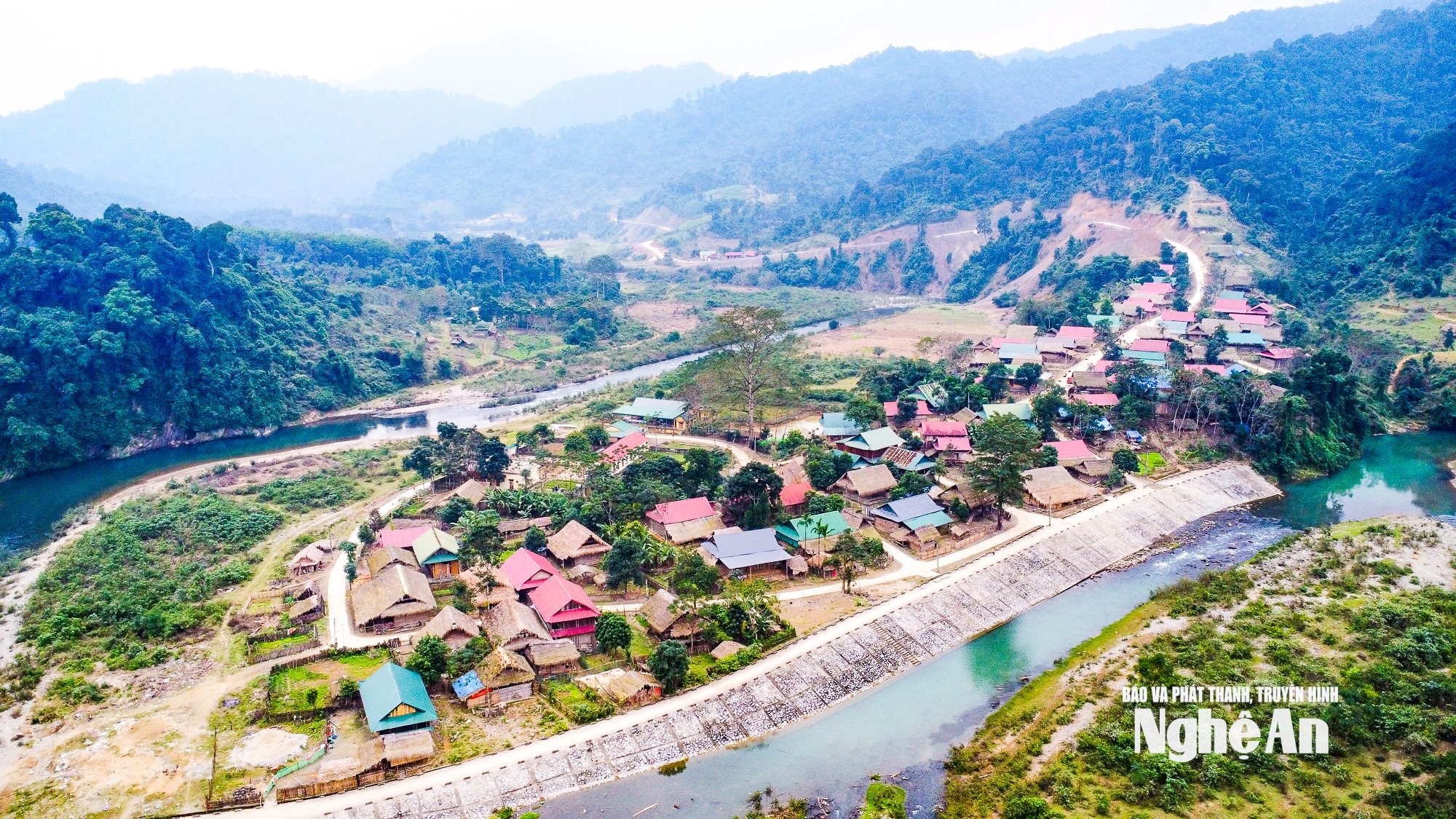
Implementing the program to eliminate temporary and dilapidated houses, Nghe An set a goal to complete before July 31, 2025. However, by mid-March, more than 240 Dan Lai households in Khe Bung and Co Phat villages of Mon Son commune (formerly Con Cuong district) were still not on the support list, because the residential land was located in the core area of Pu Mat National Park - the land was assigned to Pu Mat National Park for management since 1995, so it was not possible to issue land use right certificates to the people. Meanwhile, 96.7% of Dan Lai households are poor, 72 households need to build new or repair houses but all support is facing legal barriers.
After the field inspection, Chairman of the Provincial People's Committee Le Hong Vinh directed departments and branches to urgently resolve the issue. The working group of the Provincial Land Registration Office had to go to the village and live with the people for a whole week to measure and complete the documents. On July 5, when the two-level local government had been in operation for less than a week, the new Mon Son commune (merged from the old Luc Da commune and the old Mon Son commune) completed the procedures for land allocation and housing support. 455 "red books" were handed over, opening a new page in life for the Dan Lai people: having land, having a house, having the right to be the owner.
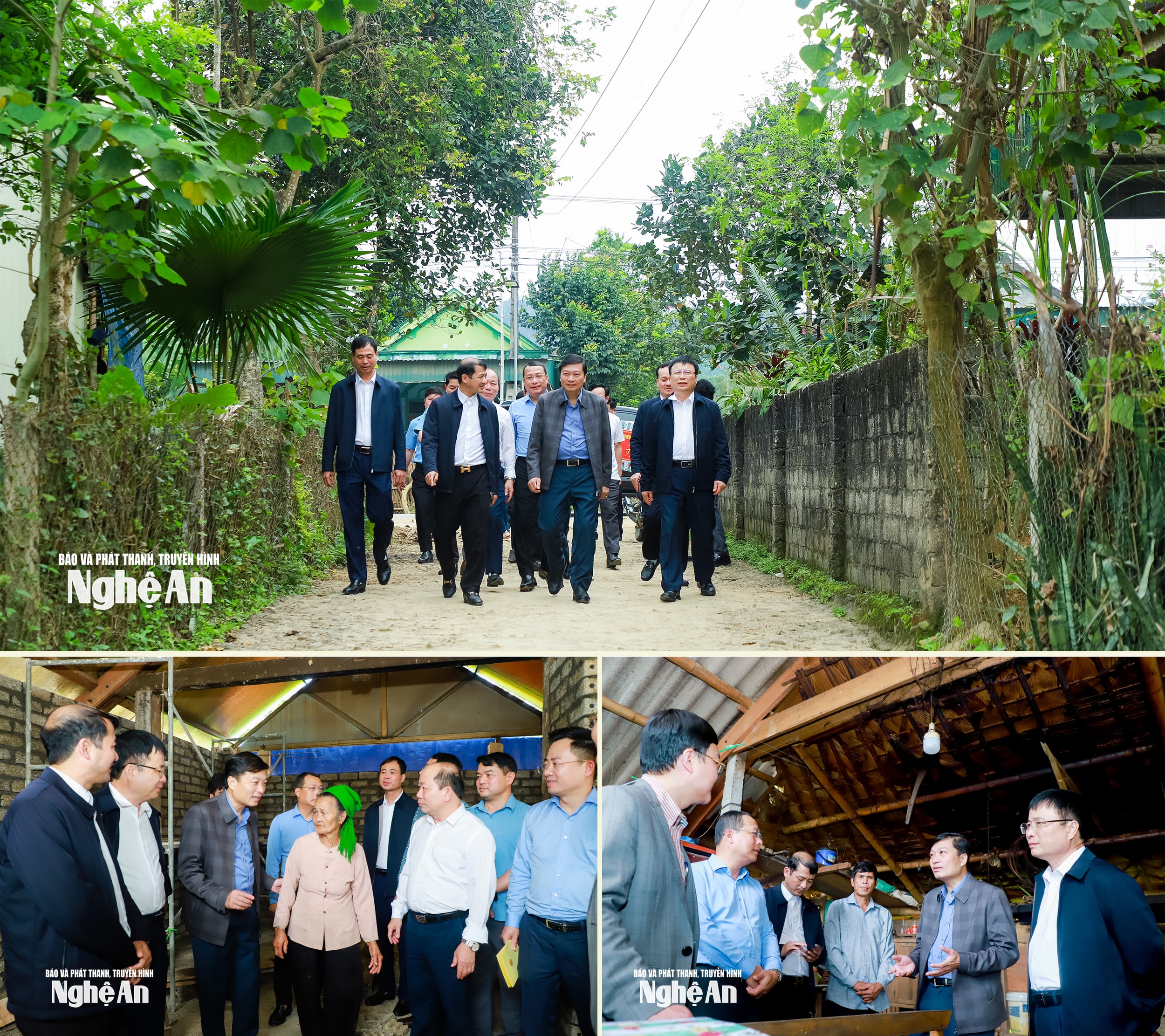
Chairman of the People's Committee of Mon Son Commune, Pham Manh Hung, shared: "Determining this is an important task, helping Dan Lai people have conditions to settle down and escape poverty, so although the work of merging and preparing the new apparatus is very messy, we still coordinate closely with the departments and branches of the province to prioritize a definitive solution for the people."
At the same time, in Vinh Phu ward (established from 4 administrative units of the old Vinh city), the ward authorities quickly handled the remaining problems, first of all the pollution caused by livestock slaughter waste. Since July 1, the ward has coordinated with local people and businesses to clean up, bury on-site, erect fences to prevent re-offending, and at the same time, invited slaughterhouses to sign commitments and contracts for waste treatment with functional units. The ward police were assigned to inspect and strictly handle violations.
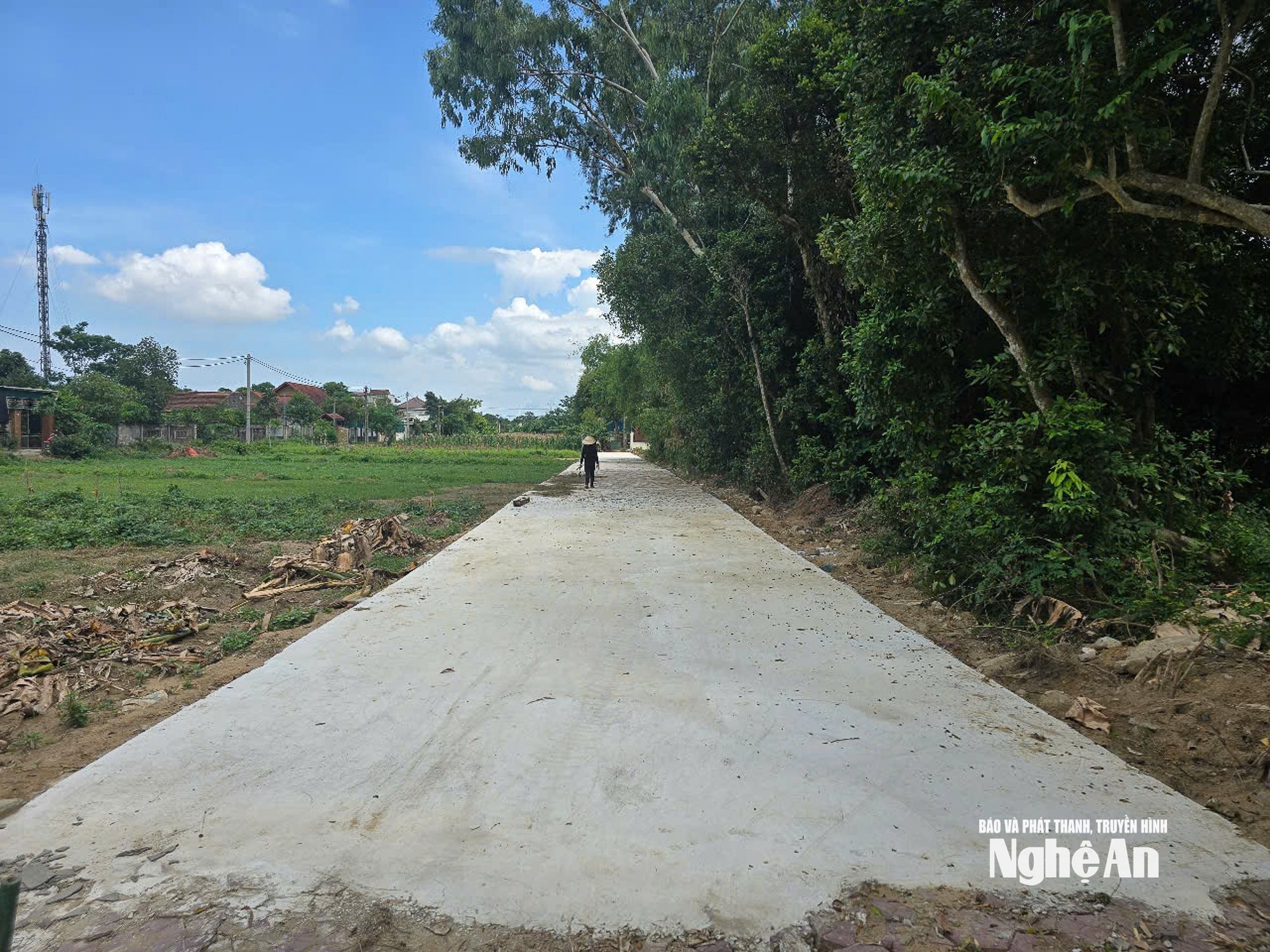
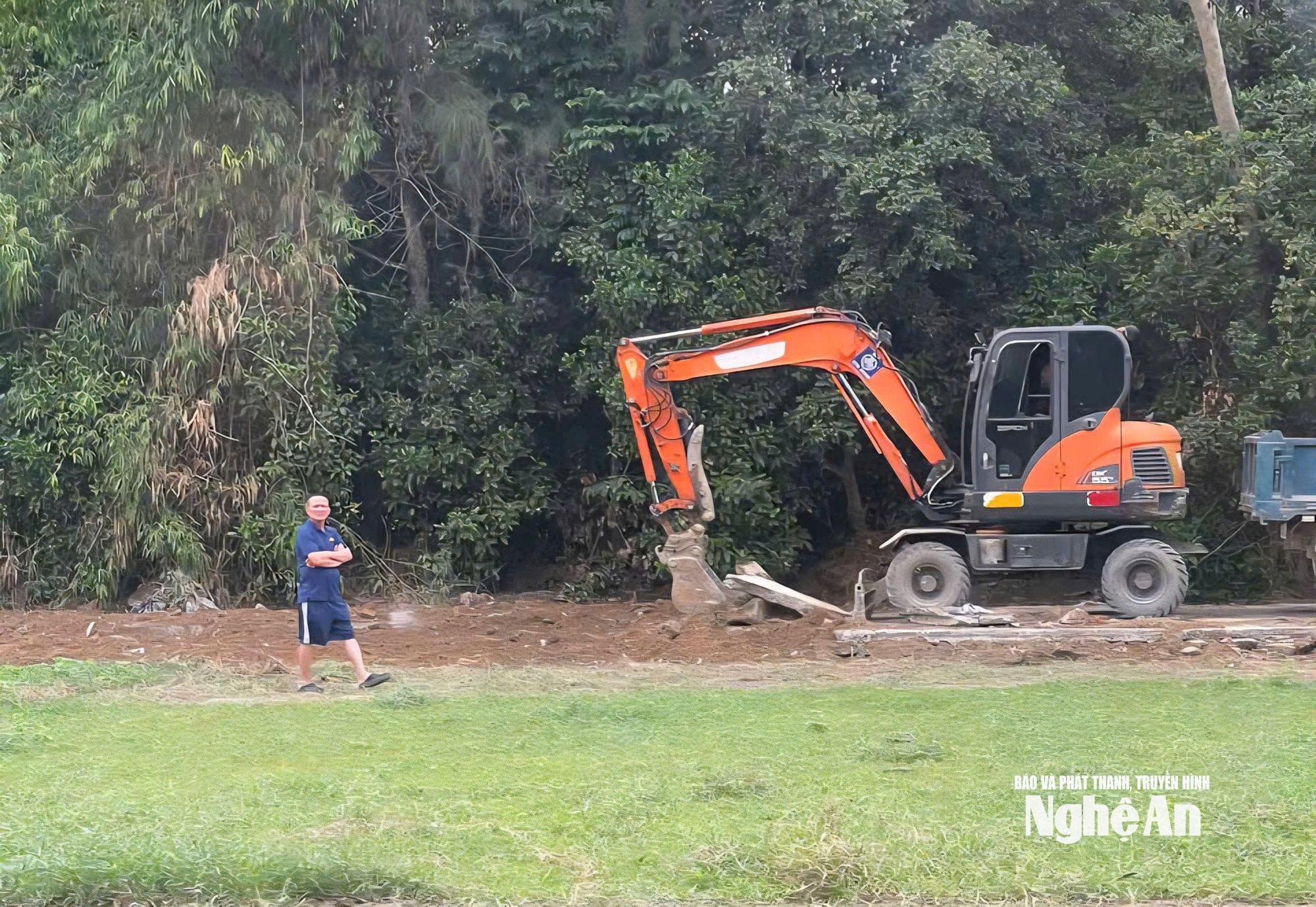
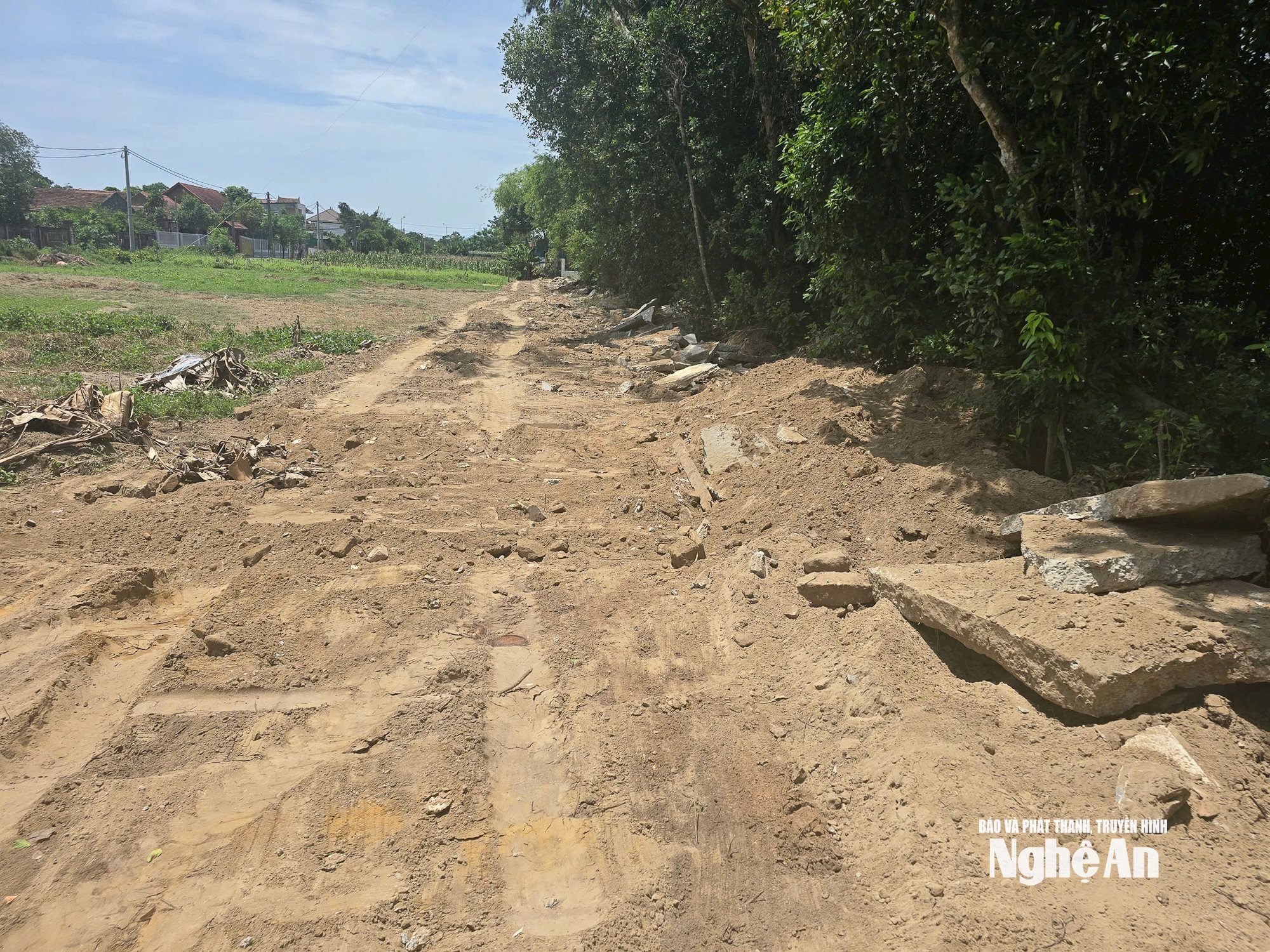
Vinh Phu Ward is also determined to restore urban order: On July 4, the spontaneous concrete road in Xuan Dong block was forced to be dismantled; on July 11, the situation of encroachment on the sidewalk on Ho Tong Thoc Street in front of Nghe An General Hospital was tackled, while at the same time, the consensus of the people and businesses was sought. Chairman of Vinh Phu Ward People's Committee - Comrade Nguyen The Than emphasized: The ward government is resolutely taking action, focusing on resolving voters' petitions related to infrastructure, land, environment, clean water and administrative reform.
In Cua Lo ward, right at the first meeting of the ward Party Committee, the ward Party Committee Secretary - comrade Ngo Duc Kien requested to rectify the spontaneous jet ski activities that cause unsafety for tourists. Inspection showed many violations such as encroachment into the swimming area, lack of life jackets, no warning signs. The ward People's Committee requested to fix, publicly post service prices, operate within the time frame and licensed scope; at the same time, assigned the ward police to coordinate patrols and strictly handle. Chairman of the ward People's Committee - comrade Cao Minh Tu affirmed that restoring order is necessary to ensure safety for tourists and sustainable development of Cua Lo tourism.

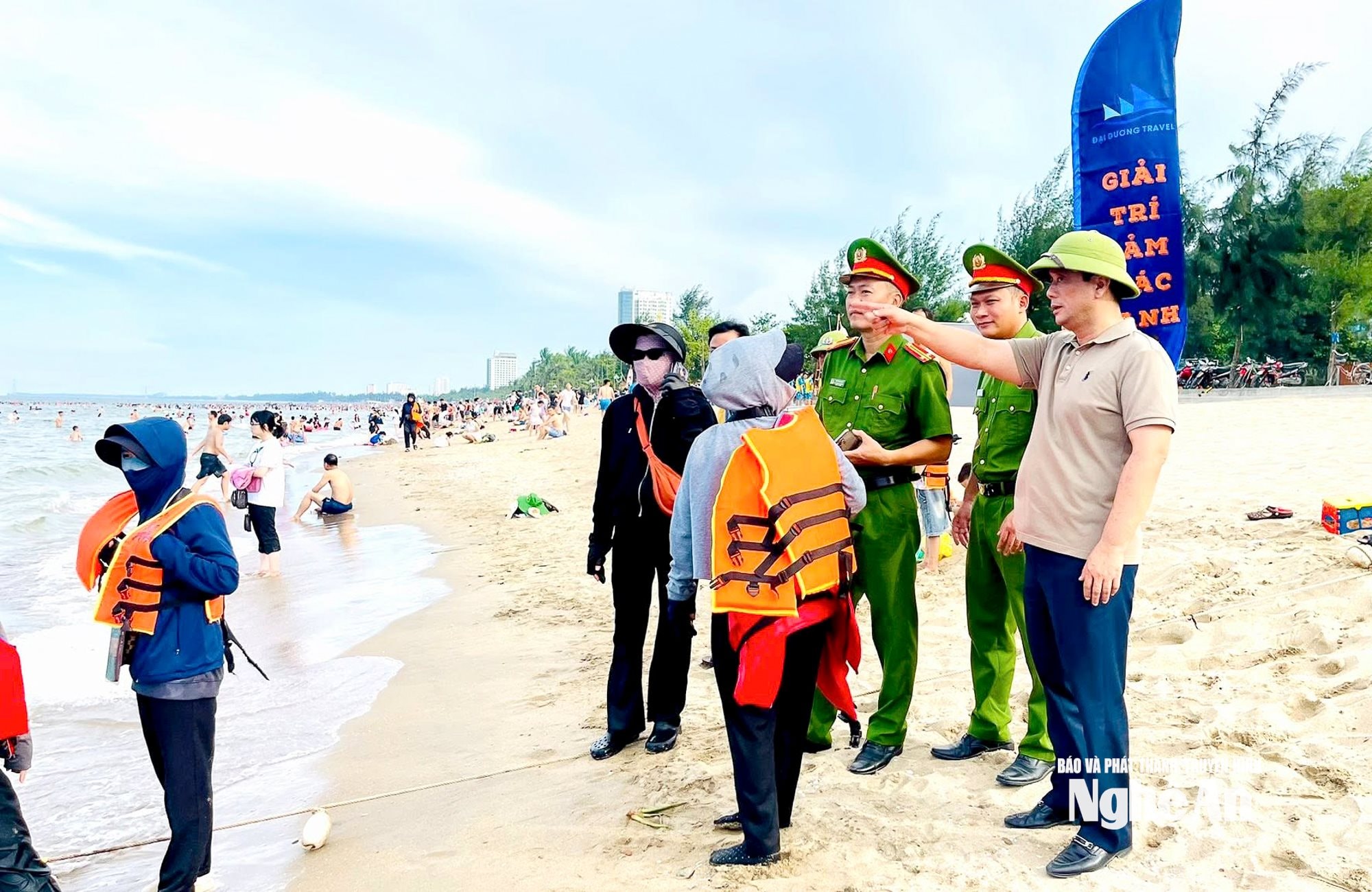

Thus, from the great Pu Mat forest to the coastal town of Cua Lo, from the core village of the national park to the central area, the things that people need most are being given priority by the new government to do immediately. They do not wait for conditions to be met, do not wait for everything to be completed before starting to do things, but instead deal with immediate problems and create a foundation for long-term development. The "red books" handed to the Dan Lai people, the spontaneous roads being removed to return to the sidewalks, the safer beaches... show that an apparatus is gradually operating in the direction of service and companionship, so that people do not only see the government on paper, but also in every positive, concrete change in their daily lives.
At the meeting with the Standing Committee of Nghe An Provincial Party Committee on the afternoon of July 16, Comrade Nguyen Trong Nghia - Politburo member, Secretary of the Party Central Committee, Head of the Central Propaganda and Mass Mobilization Commission assessed: Nghe An is one of the localities that effectively implemented the merger of commune-level administrative units, established commune and ward party committees under the province. In particular, the province has promptly rearranged the grassroots cadre team, ensuring the principle of "not leaving the battlefield empty, not causing stagnation, causing difficulties for the people".
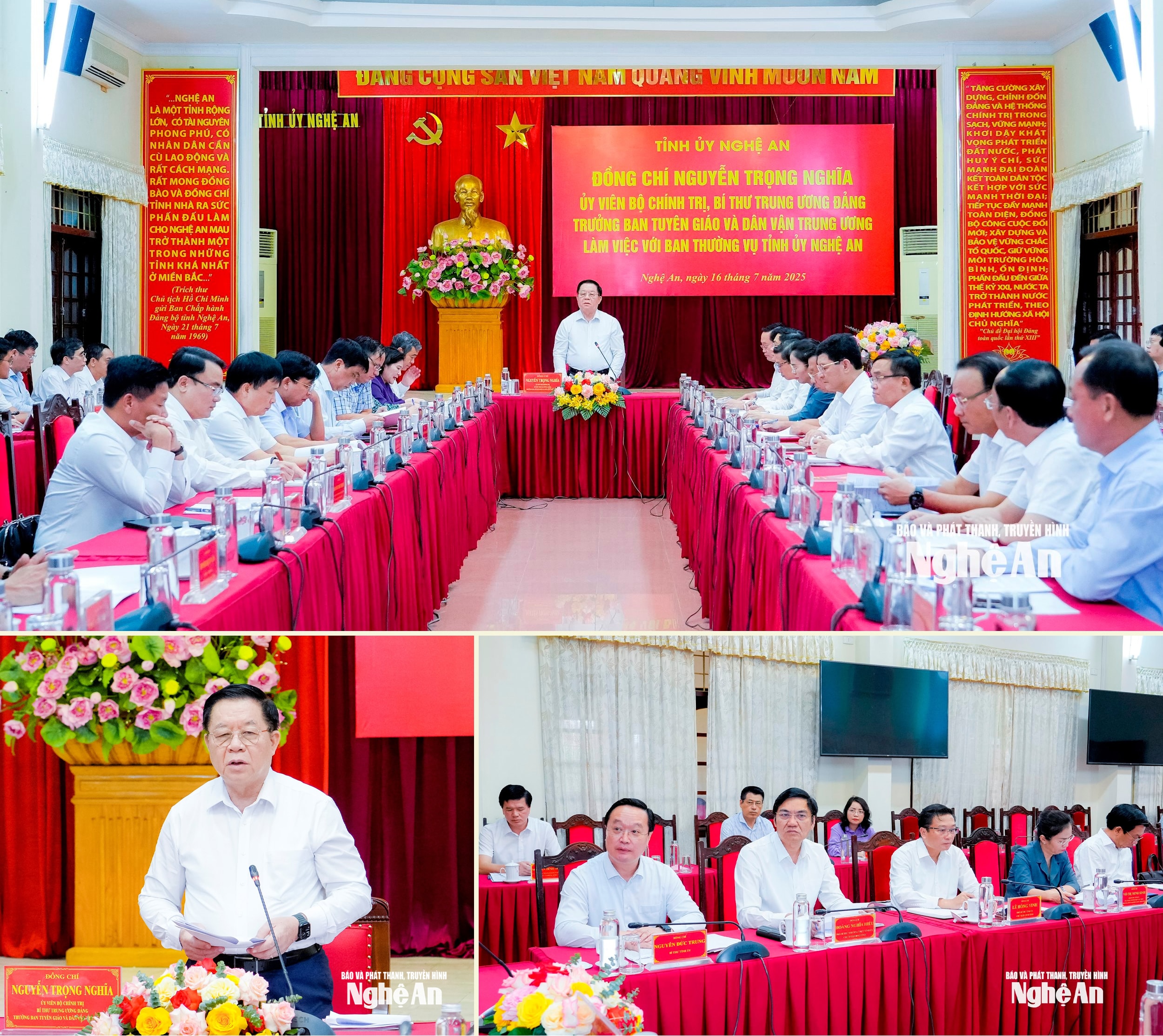

After more than 1 month of operating the 2-level local government, Nghe An, as well as many localities in the country, has begun to shape clear changes in the governance method. From a somewhat passive administrative apparatus, heavily focused on management, it has gradually shifted to a proactive state of serving the people and creating development. The Party's will and the people's heart have met in satisfaction with the new model.
However, in such a large and urgent transition period, problems are inevitable. In Nghe An, one of the biggest problems at present is the situation of both "excess and shortage" of cadres and civil servants after the restructuring of the apparatus. Through research, it is known that the biggest difficulty is the local imbalance of cadres and civil servants. In some places, even in the same commune, there is a shortage of government cadres but a surplus of union cadres. In some places, there is a surplus of civil servant position A, while there is a shortage of civil servant position B. This situation affects the ability to manage, advise, and handle regular work at the commune level.
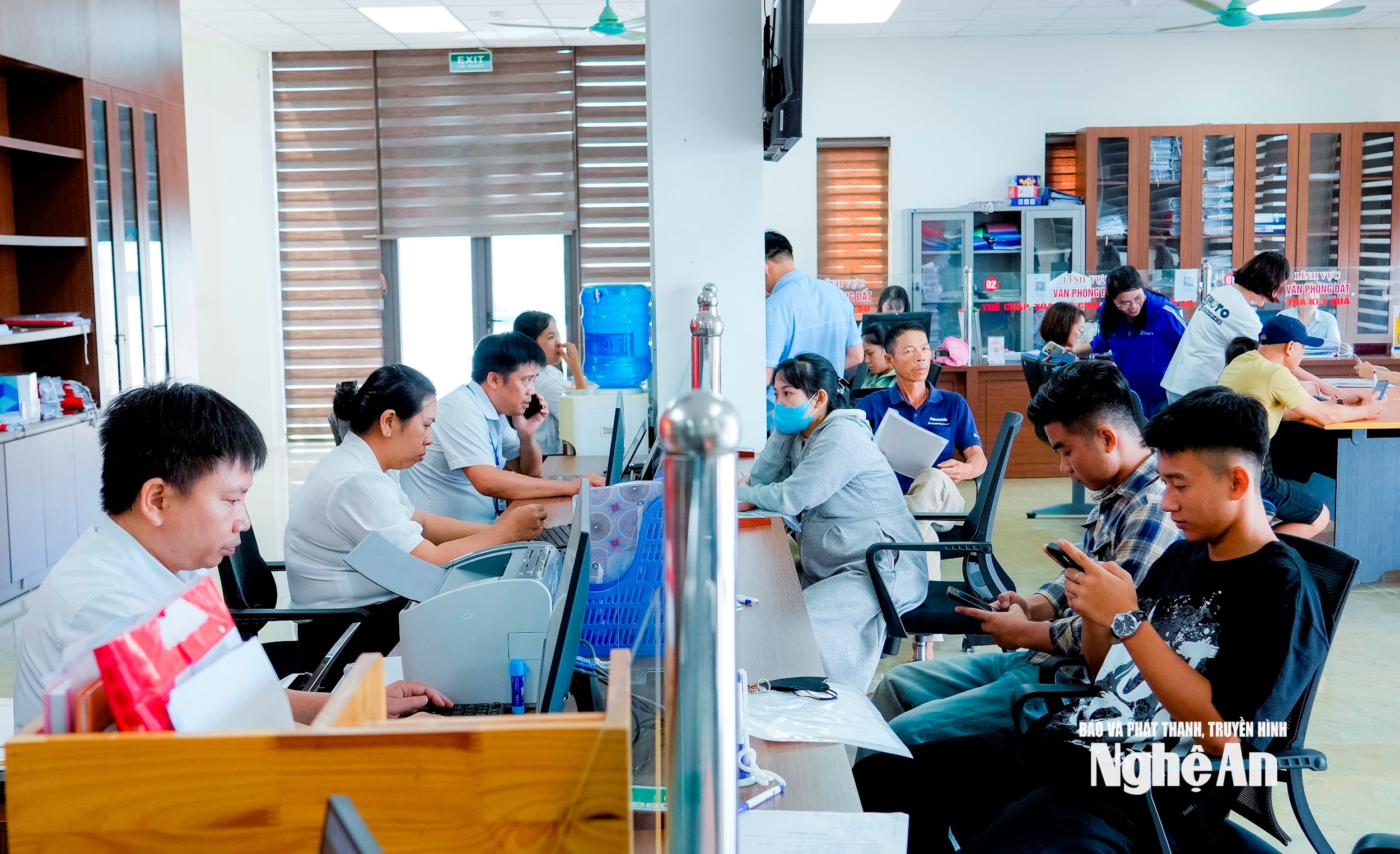
In the construction sector alone, at the commune level, there are still places that do not have a Chief of Economic Department to direct and manage the State management of construction and land. In addition, there are officials whose majors are not suitable for their professional fields. Recently, at the regular meeting of the People's Committee of Nghe An province after the first month of implementing the 2-level local government, Director of the Department of Construction - Mr. Pham Hong Quang suggested: In addition to training, there must be a plan to rearrange fully qualified officials at the commune level.
According to the latest review by the Department of Home Affairs, Nghe An has fully arranged key positions for 130 commune and ward-level localities, including: Party Committee Secretary, People's Council Chairman, People's Committee Chairman. However, the People's Council at the commune level is still lacking: Vice Chairman of the People's Council in 2 communes; Deputy Head of the Economic - Budget Committee in 3 communes; Deputy Head of the Cultural - Social Committee in 8 communes. For the People's Committee at the commune level, there are still lacking: Vice Chairman in 5 communes; Chief of Office in 61 communes, Deputy Chief of Office in 16 communes; Head of Economic Department in 29 communes, Deputy Head of Economic Department in 13 communes; Head of Cultural - Social Department in 21 communes, Deputy Head of Cultural - Social Department in 18 communes.
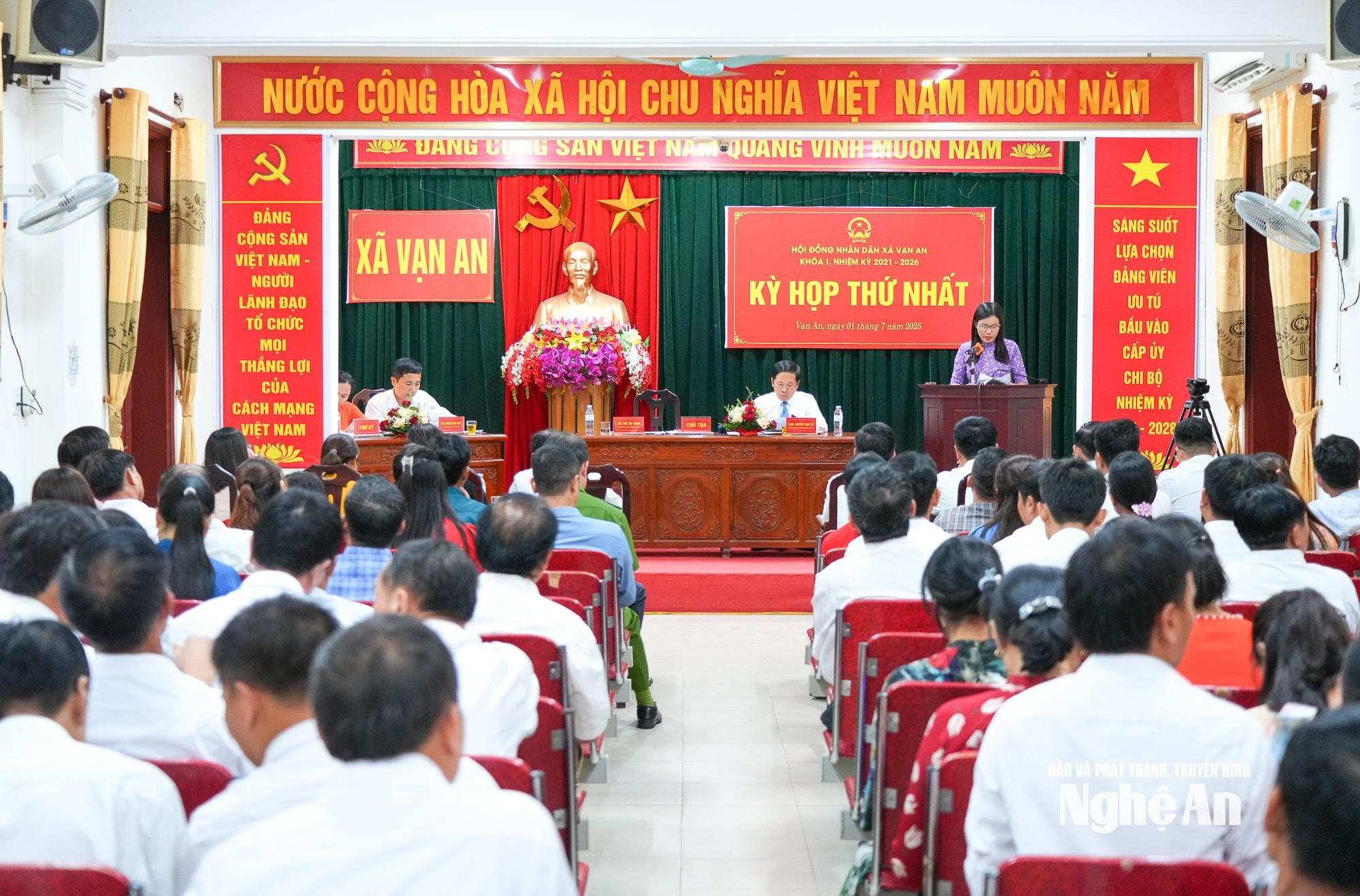
Those "gaps", if not filled in time, will directly affect the capacity of the grassroots government in the crucial period. The Standing Committee of the Nghe An Provincial Party Committee has assigned the Provincial Party Committee's Organization Committee to preside, and the Department of Home Affairs to coordinate with relevant agencies to conduct a comprehensive review and advise on fundamental solutions. Director of the Department of Home Affairs Nguyen Viet Hung said: The Department has conducted a review and reported to the Standing Committee of the Provincial Party Committee and the Provincial People's Committee; thereby, proposing to promptly develop plans and schemes such as secondment and transfer of cadres so that units can deploy appropriate arrangements of cadres and civil servants, avoiding local surpluses and shortages.
Evaluating after 1 month of operating the new model, Chairman of the Provincial People's Committee Le Hong Vinh requested to continue to overcome difficulties, ensuring smooth and effective operations. Departments and branches must closely follow the reality, promptly receive and resolve recommendations from the grassroots; review the contents of decentralization and delegation of authority, proactively advise on the issuance of documents to handle problems arising from legal regulations.
The Chairman of the Provincial People's Committee assigned the Department of Home Affairs to coordinate with the Provincial Party Committee's Organizing Committee to urgently overcome the situation of surplus and shortage of local officials; mobilize and second officials from the provincial and commune levels to supplement communes with shortages; and increase human resources to support difficult areas.
In parallel, the Department of Finance is assigned to review and arrange headquarters, public assets, working conditions, travel and life of cadres after the arrangement; ensure the commune-level budget operates continuously, and pay salaries and social security policies fully. The Department of Science and Technology continues to ensure IT infrastructure, digital transformation, database connection, and e-government to immediately serve management and operation at the commune level.
.jpg)

A month of launching has passed, the two-level local government in Nghe An has not only shown its determination to "do it right away, do it thoroughly", but also demonstrated its ability to handle work in a spirit of sticking closely to reality, promptly removing obstacles at the grassroots level. The changes in each new ward and commune have created a bright color for the picture of the post-reorganization apparatus operation. But this is just the beginning. Challenges still lie ahead with the problem of human resources, facilities and increasingly high administrative requirements. For the new model to be truly sustainable and effective, it requires the entire political system from the province to the grassroots level to continue to maintain the spirit of resolute engagement, "wherever there is a problem, immediately remove it", taking people's satisfaction as the highest measure for all decisions and actions.
At the conference to evaluate the results of the internal organizational arrangement of ministries and branches and to summarize 1 month of operation of the 2-level local government held on the afternoon of July 28, with the viewpoint of immediately resolving any problems, Prime Minister Pham Minh Chinh requested to continue to perfect the organizational apparatus in administrative units after the arrangement; quickly arrange and re-arrange the appropriate staff and civil servants, especially perfecting the leadership at the commune level; continue to promote decentralization and delegation of authority reasonably and effectively along with resource allocation, improving implementation capacity and strengthening inspection and supervision.
(To be continued)
